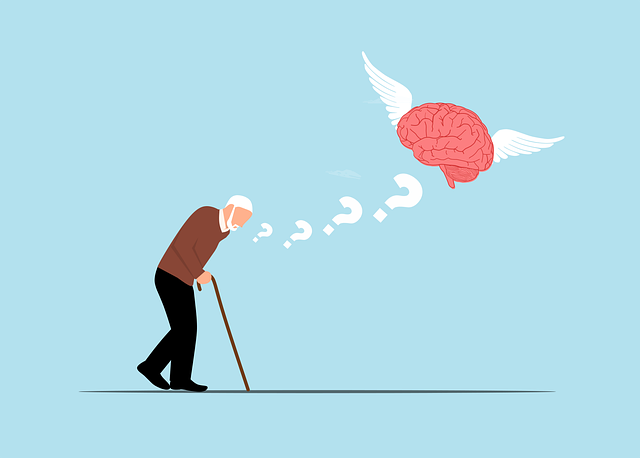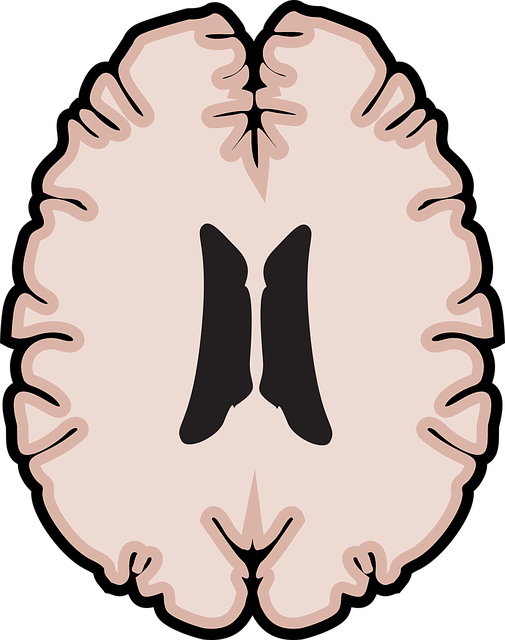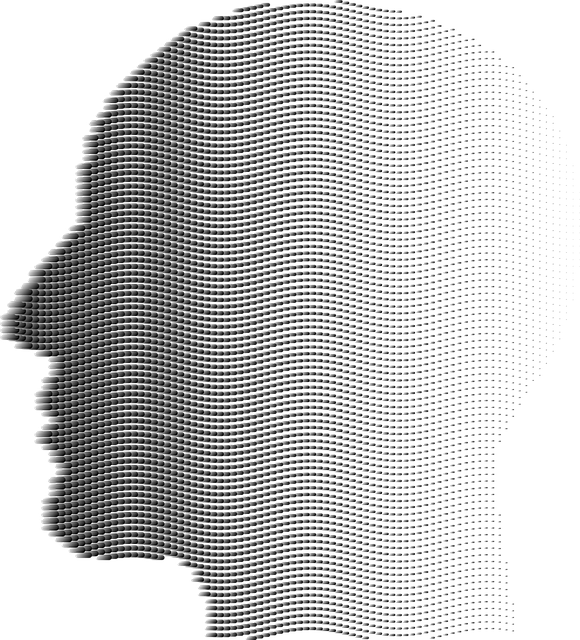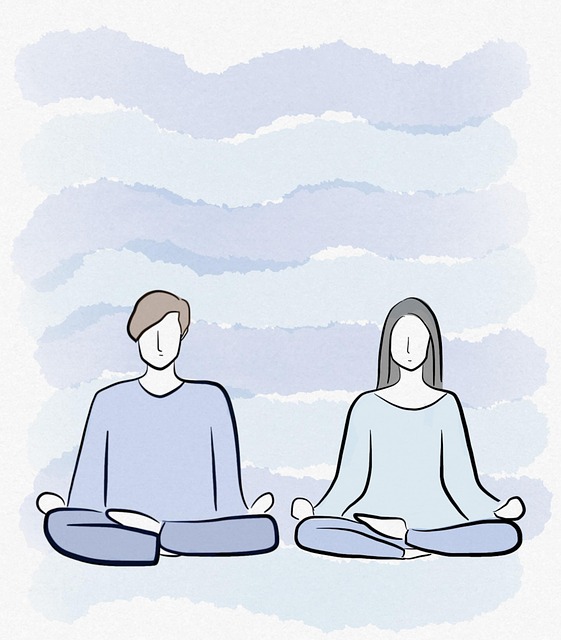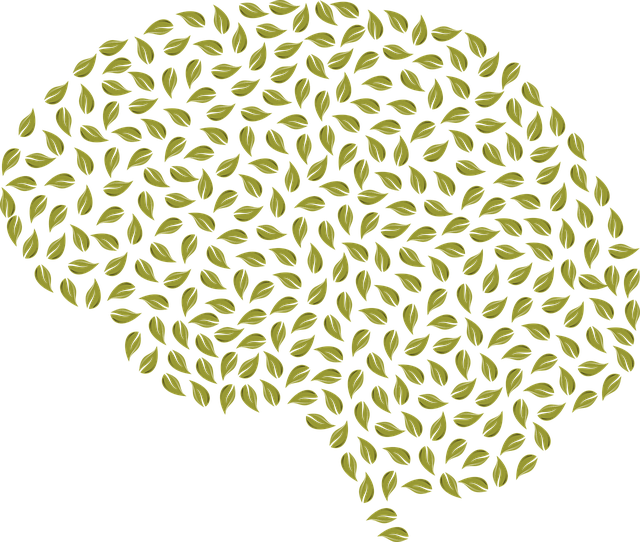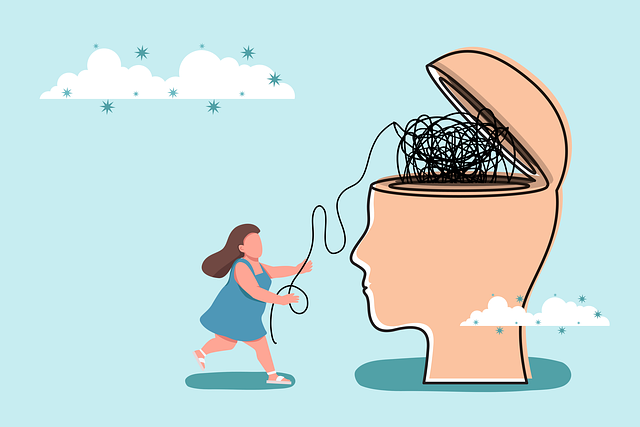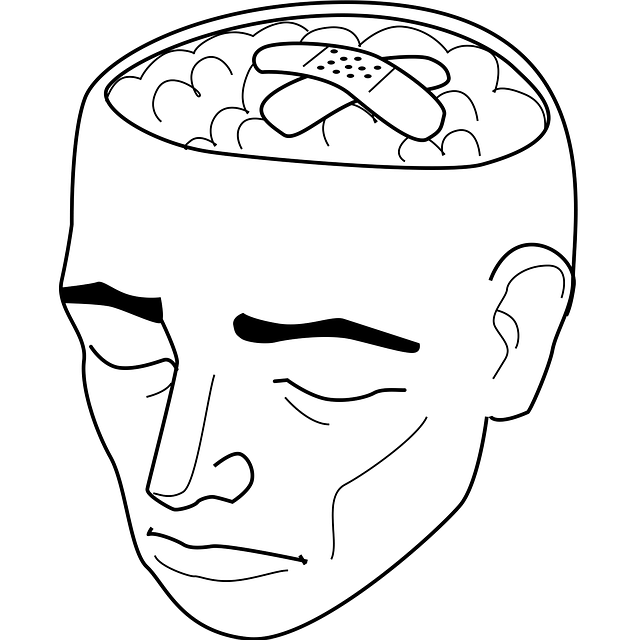Centennial Online Therapy revolutionizes mental wellness through skilled group facilitation. Facilitators create a supportive environment, encouraging open dialogue and empathy using activities like self-awareness exercises and stress management techniques. This holistic approach builds resilience, support networks, and overall well-being. Effective communication, cultural competency, and interactive activities enhance engagement and foster connections. Facilitators tailor assessments and support individual growth, empowering members to manage stress and overcome challenges through peer support and community resilience.
“Unleashing the power of community for mental wellness is at the heart of modern Centennial Online Therapy. This article explores proven group facilitation techniques that transform online therapy spaces into nurturing environments. We delve into creating safe, inclusive settings, mastering communication strategies, and designing engaging activities to foster deep connections. Additionally, we uncover methods to track individual progress within the group dynamic, ensuring every member benefits from this collective journey towards well-being.”
- Understanding the Role of Group Facilitation in Mental Wellness
- Creating a Safe and Inclusive Online Therapy Environment
- Effective Communication Strategies for Group Sessions
- Incorporating Interactive Activities to Enhance Engagement
- Measuring and Supporting Individual Growth within Group Dynamics
Understanding the Role of Group Facilitation in Mental Wellness

In the realm of mental wellness, group facilitation plays a pivotal role in fostering supportive environments where individuals can navigate their journeys towards healing and growth. As Centennial Online Therapy attests, facilitating online therapy groups is an art that empowers participants through shared experiences and collective wisdom. Skilled facilitators create safe spaces, encouraging open dialogue, empathy, and understanding among peers. This dynamic approach enhances the therapeutic process by providing a sense of community and belonging, which are essential for mental health recovery.
Group facilitation goes beyond merely moderating conversations; it involves designing engaging activities and exercises like Self-Awareness Exercises to promote personal reflection and introspection. By integrating Stress Management techniques and incorporating Mental Health Education Programs in group settings, facilitators equip members with valuable coping strategies and knowledge. This holistic approach not only improves individual mental wellness but also fosters a culture of support and resilience within the group, ultimately enhancing overall well-being.
Creating a Safe and Inclusive Online Therapy Environment

Creating a safe and inclusive online therapy environment is paramount for fostering effective mental wellness group facilitation. Centennial Online Therapy recognizes that digital spaces can sometimes feel cold or impersonal, so they prioritize building a warm and welcoming atmosphere to mirror the comfort of in-person sessions. This involves setting clear ground rules, ensuring confidentiality, and using user-friendly platforms that enable seamless interaction. Facilitators play a crucial role in modeling emotional intelligence, actively listening to participants, and validating their experiences. By fostering open communication and creating a non-judgmental space, facilitators encourage vulnerability, which is essential for meaningful connections and progress.
The Mental Health Policy Analysis and Advocacy plays a significant role in shaping the online therapy landscape, ensuring that platforms adhere to ethical standards and best practices. Emotional Intelligence (EQ), when integrated into group sessions, enhances participants’ ability to understand and manage their emotions, fostering a supportive community where everyone feels seen and heard. Additionally, the Mental Wellness Podcast Series Production can be leveraged to provide pre-session content, tips for navigating online therapy, and post-session reflections, enriching the overall therapeutic experience and making Centennial Online Therapy a game-changer in modern mental health care.
Effective Communication Strategies for Group Sessions

Effective communication is a cornerstone of successful group facilitation, especially in the context of Centennial Online Therapy. Group sessions require facilitators to adapt their communication strategies to create a safe and inclusive environment for all participants. One key technique involves active listening, where facilitators pay close attention to each member’s contributions, ensuring every voice is heard and valued. This not only fosters open dialogue but also helps in understanding the diverse perspectives within the group.
Additionally, incorporating Mindfulness Meditation practices can enhance communication dynamics. Facilitators can guide sessions that encourage participants to express their thoughts and feelings without judgment, promoting a culture of emotional awareness and empathy. Such techniques are integral to the design of Mental Health Education Programs, aiming to equip individuals with effective coping strategies. Moreover, Healthcare Provider Cultural Competency Training can play a significant role in facilitating these groups, ensuring diverse cultural backgrounds are respected and addressed throughout the discussions.
Incorporating Interactive Activities to Enhance Engagement

Incorporating interactive activities into group therapy sessions can significantly enhance engagement and create a more dynamic environment for participants. These activities go beyond traditional talk therapy, offering hands-on experiences that encourage active participation and facilitate deeper connections among group members. For instance, using Centennial Online Therapy platforms to host virtual exercises like guided meditations or collaborative problem-solving scenarios allows individuals to engage with the material in real-time, fostering a sense of community despite physical distances.
Through activities such as Compassion Cultivation Practices, Self-Awareness Exercises, and Mental Wellness Journaling Exercises, facilitators can guide participants towards self-reflection and personal growth. These interactive techniques not only make sessions more enjoyable but also increase retention rates and promote positive outcomes. By combining the comfort of online therapy with practical, engaging activities, Centennial Online Therapy offers a comprehensive approach to mental wellness group facilitation, catering to diverse learning styles and preferences.
Measuring and Supporting Individual Growth within Group Dynamics

In the realm of group facilitation, especially within the context of Centennial Online Therapy, measuring and supporting individual growth is paramount. Facilitators play a crucial role in fostering an environment that encourages participants to reflect on their progress and set achievable goals. This process involves using various assessment tools and techniques tailored to each member’s unique needs, ensuring that everyone feels supported as they navigate their mental wellness journeys. By integrating these strategies, facilitators can help individuals gain insights into their strengths and challenges, boosting confidence in their ability to manage stress and overcome obstacles.
Group dynamics offer a powerful platform for personal growth through peer support and shared experiences. Facilitators should implement Burnout Prevention Strategies for Healthcare Providers, encouraging open dialogue and Self-Care Practices within the group setting. This not only enhances the overall therapeutic experience but also equips members with tools to recognize and address their emotional well-being, fostering a sense of community and collective resilience.
Group facilitation plays a pivotal role in enhancing mental wellness, as evidenced by the effectiveness of online therapy platforms like Centennial Online Therapy. By creating safe and inclusive virtual spaces, facilitators can employ diverse communication strategies and interactive activities to foster engagement. Regularly measuring individual growth within these group dynamics ensures that each member benefits from the shared experience. Implementing these techniques allows for a holistic approach to mental health support, making group facilitation a valuable tool in modern therapy practices.
